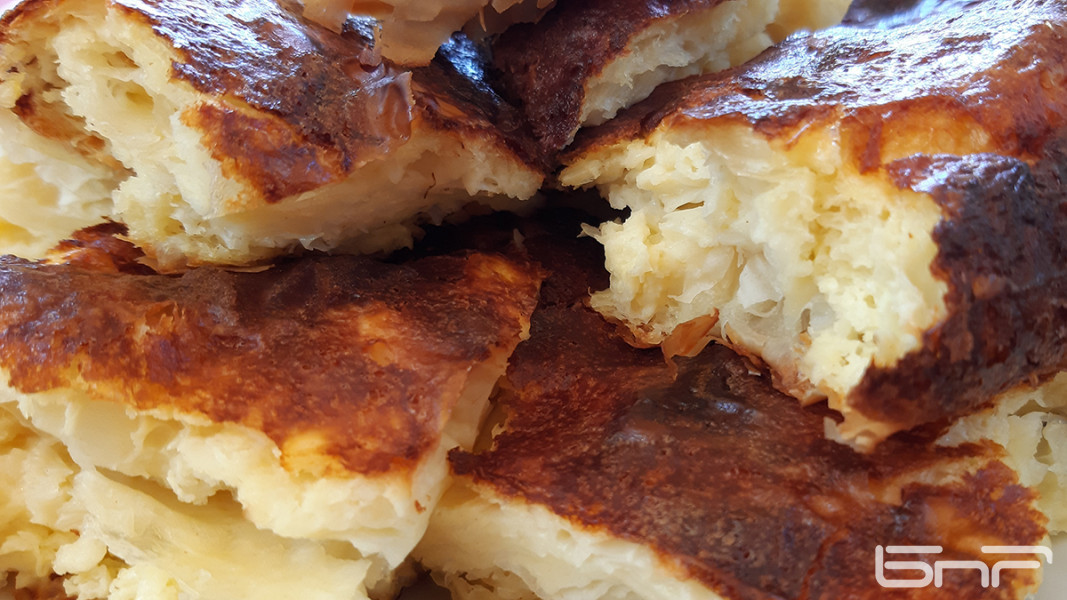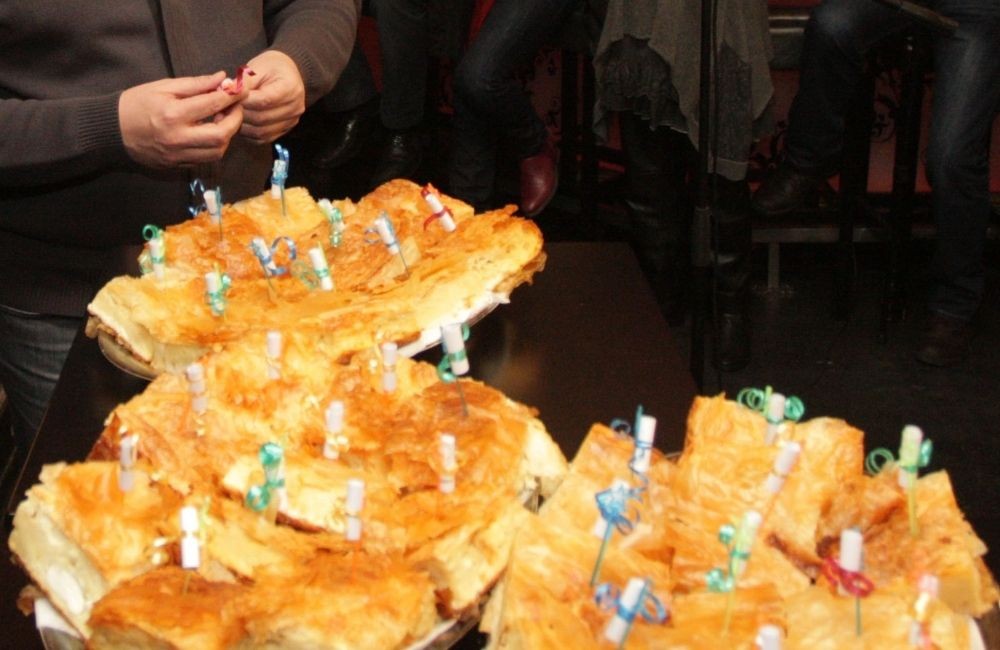This year, the Christmas and New Year holidays will be much more different. One of the mandatory elements of this period of the year – the Christmas parties, are now absent from our to do list. Moreover, we have less opportunities to get into the Christmas spirit away from home, due to the restrictions introduced to contain the Covid-19 pandemic.
The traditional Christmas bazaars in Bulgaria have reopened, but on a more limited scale and with some new conditions. In order to avoid crowding, consumption of delicacies offered on their stands had to take place outside the cozy premisesof the bazaars. Visitors had to observe a series of important anti-epidemic measures, including mandatory wearing of face masks and maintainting safe physical distance from others.

The trials we have faced in 2020 made us pay much more attention to our families and our relationships. In this sense, the forthcoming Christmas will remind us of its real meaning- a celebration of family comfort and harmony. Unlike other years, some families will remain separated, as many Bulgarians abroad have postponed or canceled their traditional return home for the Christmas holidays. It is a bit sad, but there will be empty chairs on the Christmas table in many Bulgarian homes and some family members will be part of the festive dinner only virtually.
Virtually or not, families will enjoy the festive dishes. Various sweet temptations are an important part of the traditional festive table on Christmas. While in Europe cinnamon, honey or gingerbread cookies are considered classic Christmas sweets, in Bulgaria the Christmas holidays are not possible without some traditional pastries and dried fruit compote (oshav).

Banitsa (egg and cheese pastry) is the queen of the traditional Bulgarian Christmas table. Banitsa with savory filling is served as an appetizer and the one containing fruit and sweet syrup is served for dessert. There is no evidence when this traditional pastry was first cooked, but it has been definitely consumed in our lands for centuries and today it is part of almost every Bulgarian festive table.
There are many varieties of the traditional banitsa. In the Rhodopes for instance, locals prepare their own variety with rice filling called klin. In Samakov region, you can enjoy the so-called zelnik (pastry filled with leeks, onions or cabbage). These pastries are also common for other Slavic people – Ukrainians, Russians, Serbs, etc.
The New Year's Eve banitsa is even more special, because it is prepared for the first hours of the new year. A filling of butter, cheese and eggs is placed between thinly rolled filo pastry. Tradition has it that dogwood buds are hidden in small lucky charms inside the pastry for good health, luck, diligence, success at school, etc. Each family member must choose a piece of this pastry to see what next year holds for them.

Of course, health is the most desired lucky charm. 2020 proved that health is the most important thing, but we also learned something else - the fulfillment of our intentions does not always depend entirely on us. Therefore, instead of being disappointed, it is better to dream. Dreaming is still for free, and will at least help us chase away fatigue, loneliness and dissatisfaction and step into the New Year more humble and full of hope.
English version: Kostadin Atanasov
Photos: BGNES and Ani Petrova
The Regional Open-Air Ethnographic Museum "Etar" was established as a center for the study of the traditional culture of the Balkan Range people. Today, this unique site near Gabrovo serves as a place where customs and traditions from the Bulgarian..
From today until August 24, the 15th Folklore Costume Festival Zheravna 2025 is taking place in the Dobromeritsa area. Over 30 kaba bagpipers will kick off the event (8:00 p.m.), which every year gathers thousands of visitors dressed in..
Bulgarian dance ensemble “Jantra” from Budapest will participate in the fourth edition of the International Folklore Festival “BalkanFolk”, which will be held in early October in Palma de Mallorca, BTA has reported. The initiative..

+359 2 9336 661
